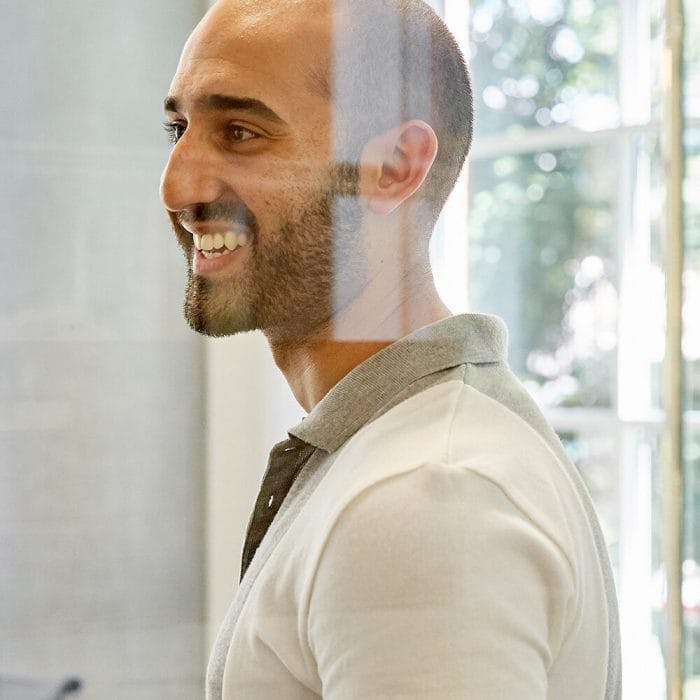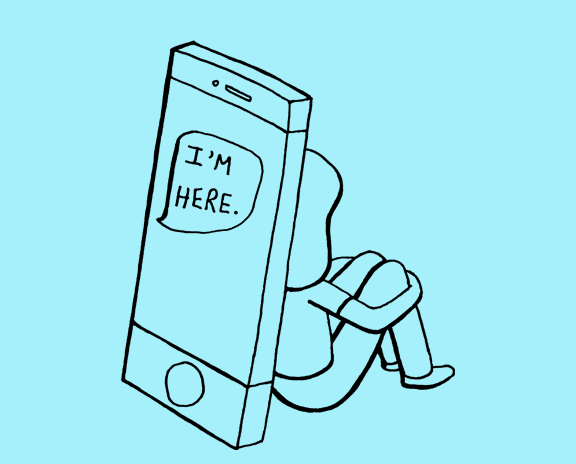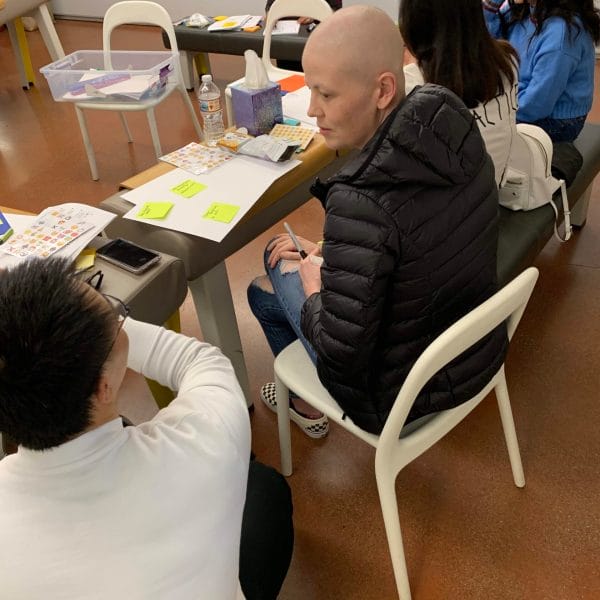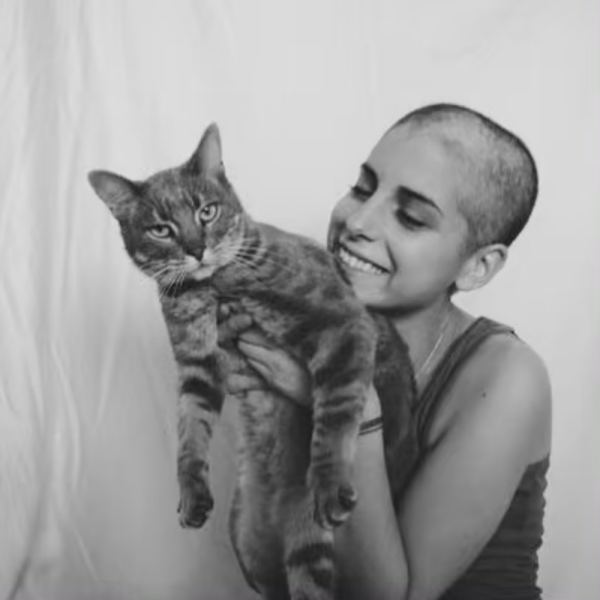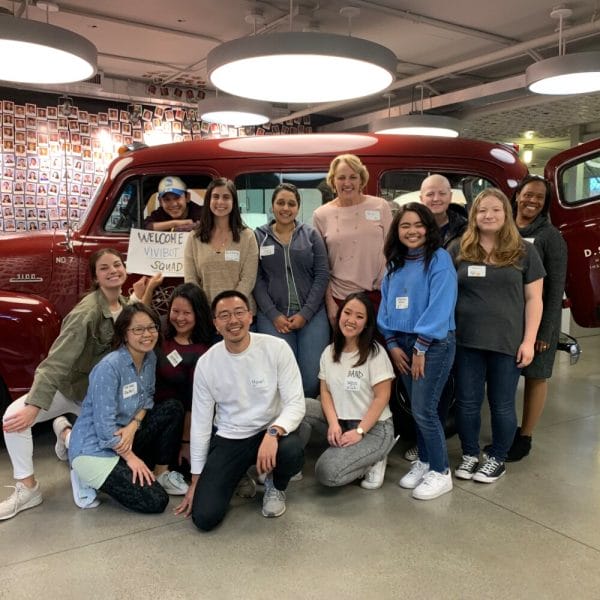At a young age, I always had a great fascination with flying. I would look up into the sky and dream of soaring the skies as a pilot. My father would play flying simulation games on his computer, and I would sit on his lap in awe. In seventh grade, several months before I got diagnosed, my best friend and I went to an air force show. We saw all types of jets, and witnessed maneuvers that I never thought were possible. I was infatuated with the movie Top Gun, and with 20/15 vision, I was keen on becoming the greatest fighter pilot ever. Yet when cancer came into my life, my dreams of becoming a fighter pilot slowly dwindled.
After my firsthand experience in a hospital , I focused on becoming a doctor. Being a cancer survivor, I knew I could become a doctor that could relate to patients. Empathy has always been my strong suit. Yet it was not until I failed chemistry, that I came to realize my goal of becoming a doctor was not for me. I ignored all previous signs and was at a major crossroads.
I dug deep within myself and explored what my true strengths were. I was so focused on becoming a doctor, that I didn’t initially realize there were other ways to help save lives. I looked to my strengths and realized that I was acing all my psych classes, that I had a passion for public speaking, and loved interpersonal communication.
It was also around this time, that I became involved with TeenCancerAmerica (TCA) and UCLA’s Young Adult Advisory board. Under the wings of my doctor, Jackie Casillas, and my child life specialist, Hilary Gan, I was asked to help UCLA create a cancer unit exclusively for Adolescent and Young Adults (AYA’s). It was here, where I picked up my passion for patient advocacy. I became less focused on the medical aspect of treatment, and more on the social factors that affect a patient’s prognosis.
Before moving to UC Santa Barbara, I had a deep talk with Hilary. We reflected on what makes some patients strive to beat cancer, while others feel unmotivated. She pointed to me, and asked “What made you, Avi Khanian, thrive and want to beat cancer? How can we foster that in other patients?” I made a silent promise that day, that while was in college, I would learn and understand the psychological processes and factors that can transform a cancer patient, to a cancer survivor.
In all my two years at UCSB, I learned four key points from my professors. The first came from Shelly Gable, Ph.D. Her research focuses on the positive aspects of close relationships and their role in physical and emotional health. She showed me how crucial social relationships were and how loneliness and social isolation are the biggest predictors of mortality. The second point came from David Sherman, Ph.D. In his lectures, I learned ways to help motivate health behaviors through effective communication. The third came from Nancy Collins, Ph.D, where I worked in her Close Relationships Lab. The study I worked on focused on empathy building, specifically between couples communicating over a conflict. Lastly, everything I needed to know about stress came from Jim Blascovich, Ph.D. We dove deeply into Robert Sapolsky’s book, Why Zebra’s Don’t Get Ulcers. I was heavily influenced by Blascovich’s biopsychosocial model of challenge and threat. We focused on how if an event is appraised as challenging, performance is excelled while blood pressure remains constant. While if an event is appraised as threatening, performance decreases and the diminishing release of adrenaline causes blood vessels to stay undialated resulting in high blood pressure.
Throughout all of my classes, I always tried relating what I was learning back to cancer. How can I embed all this information that I am learning now, to help a patient beat cancer tomorrow? My time in college was limited, and I knew that within a blink of an eye, I would be graduating and it would be time to start putting my education into action. I would often be found sitting at the front of the class, asking tough questions. I spent many hours in my professors’ office hours. My friends and classmates always teased me, calling me the teacher’s pet. At first it bothered me, but I knew the connection I had with my professors, would one day lead me a step closer to finding the answers that I was looking for.
During my last quarter of senior year, I was sitting in class when I noticed a slide about Steve Cole and Hopelab. Our professor was giving a lecture on how technology can be used to enhance health behaviors and attitudes. Several slides came up and our professor kept mentioning the game Re-Mission. I soon remembered that I played Re-Mission myself when I was going through treatment back in ‘06-‘07.
Several weeks later that I got a call from Steve Cole himself. It was rather surreal. He graduated from UC Santa Barbara, and wanted to become a fighter-pilot just like me. When I told my professors that I would be having an internship with Steve Cole in the summer, they were all in awe. They shook my hand, and were moved that I was working with him. One of my professors even confessed that she had a crush on his research. (Just to be clear, she was referring to Steve’s overall impact on social psychology.)
I did not chose my path. The path that I walk on chose me. My life can either be seen as a series of unfortunate events, or can be seen as a series of being at the right place at the right time. I am at a place in my life where I have already faced death in the face and am in peace with my destiny. My past does not define who I am, nor does my future determine what I will become. I am what I am. Being present is what matters to me. Being present in my life has lead me to where I am today. When I first heard the words “You have cancer,” I accepted it. Every failure that I had, happened for a reason. Every opportunity that came my way, I was present enough to notice it. Our ability to form relationships and express our emotions is what distinguishes us as human beings. I will never know why I had cancer. Yet what I do know, is that the love and support that I received, and the close relationships I had with the people around me helped me beat cancer.
Avi Khanian is an intern working with the Adolescent & Young Adult Cancer team at Hopelab. Avi recently graduated from UC Santa Barbara, majoring in psychology. He currently is the California State Representative for TeenCancerAmerica and has helped UCLA create one of the first Adolescent and Young Adult Cancer units in the greater Los Angeles area. Avi’s passion is to foster relationships between patients, and inspire resiliency through his story.

